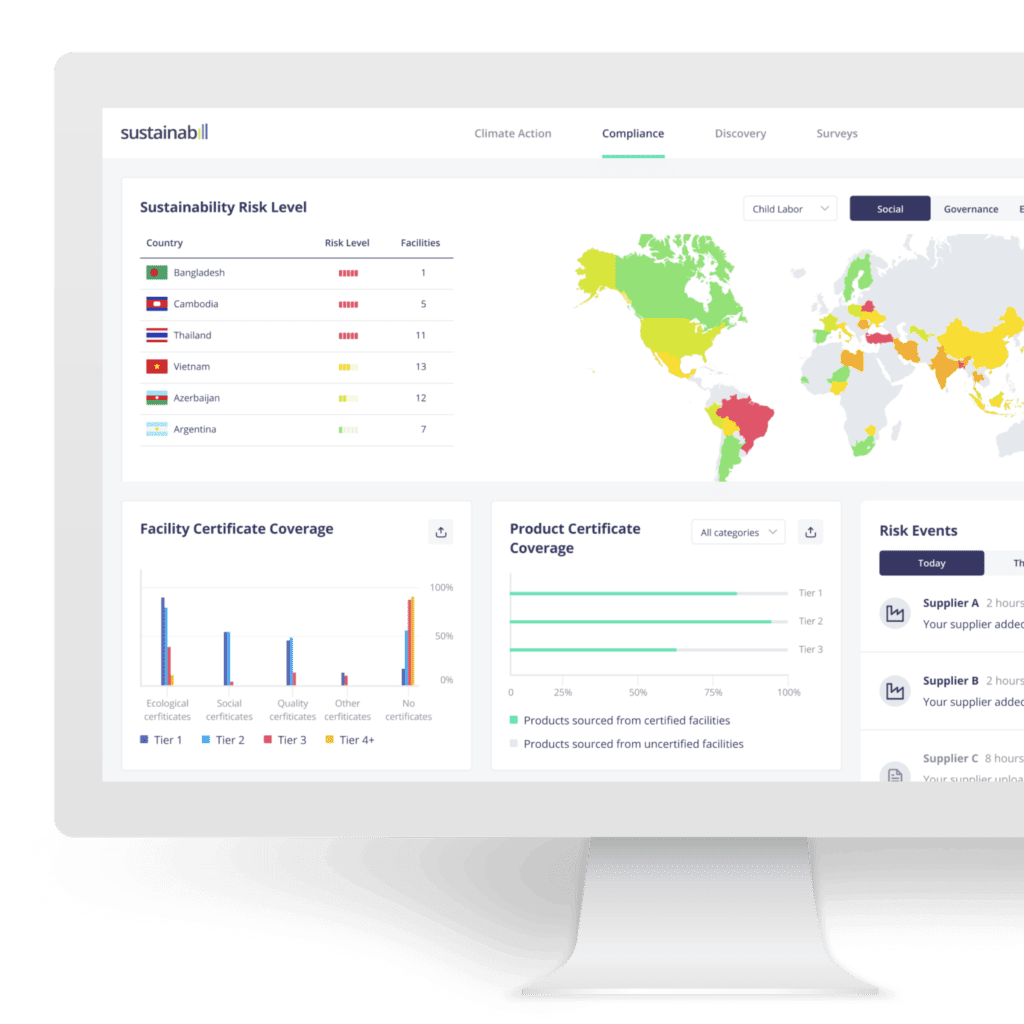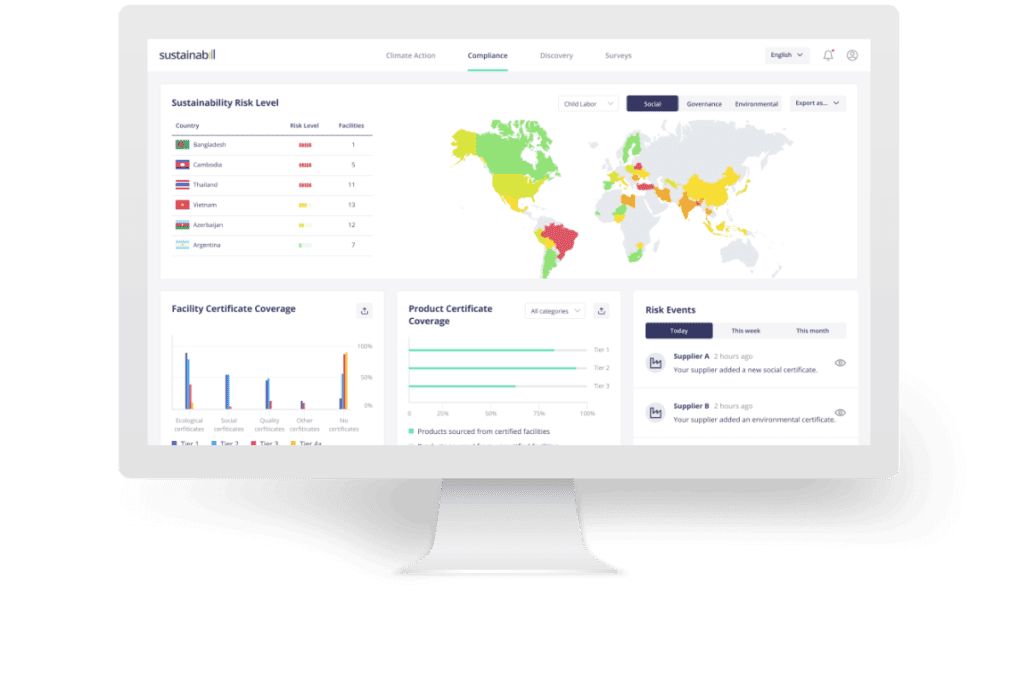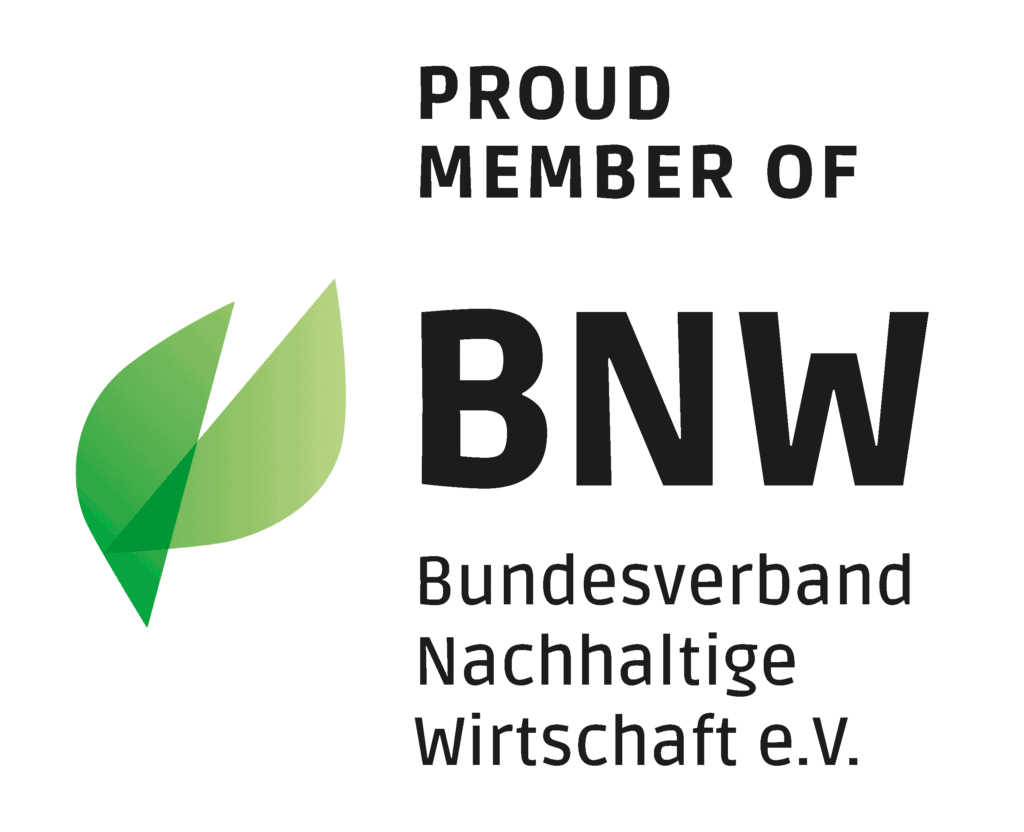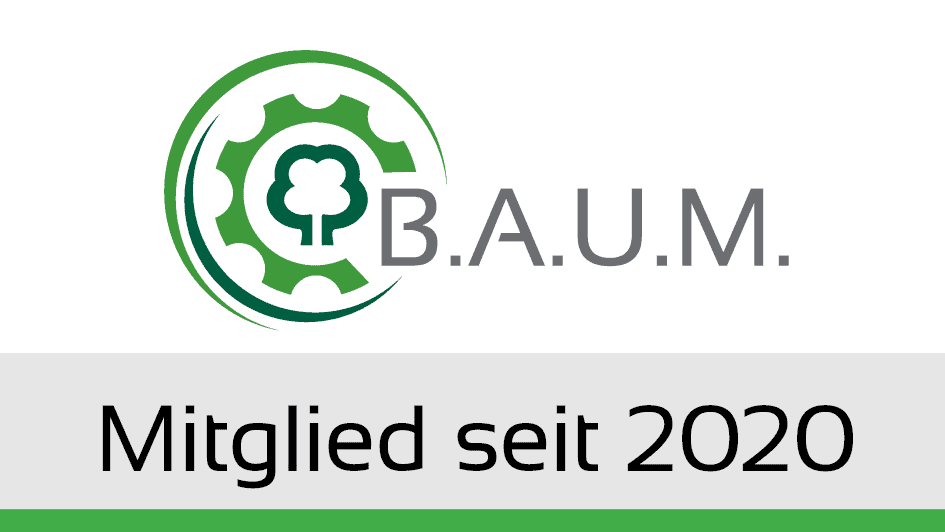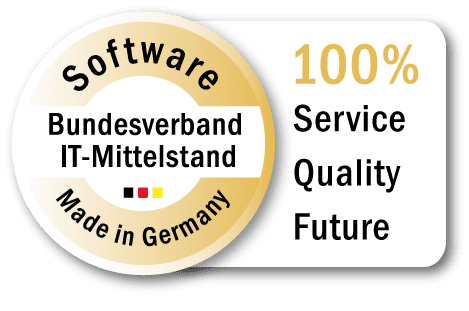Sustainability reporting: What requirements will companies have to meet under the new CSRD? What are the benefits of the new GRI Universal Standards?
The requirements and demands on sustainability reporting are increasing. As a result of the new Corporate Sustainability Reporting Directive (CSRD), significantly more companies than before will have to prepare a comprehensive sustainability report in addition to the management report. At the same time, reporting standards are being further developed and the various standards and guidelines are increasingly interlinked.
In this context, the supply chain, as well as the scope 3 emissions that arise along this supply chain, will play an important role, as violations of environmental, social and human rights standards often take place in third countries and by contractual partners of companies subject to reporting requirements.
In this article, we summarize the main changes and requirements.
What is the Corporate Sustainability Reporting Directive?
Just under a year ago, the EU Commission presented its proposal for a revision of the EU directive on non-financial corporate reporting in the form of the CSRD. It is intended to replace the previously applicable Non-Financial Reporting Directive (NFRD).
Here are, in our view, five key areas of focus and innovations in the CSRD that have clear implications for supply chain sustainability requirements:
- More companies will be affected: Reporting requirements will be extended to all large EU-based companies and all EU-listed companies of any size. This means four times more companies are affected across the EU than under the NFRD. This also increases the need to establish robust processes for sustainability in procurement.
- Materiality concept is more precise: Negative impacts of business activities on the environment and society must be reported to a greater extent. The high relevance of the supply chain becomes clear here: all stages of the value chain must be considered – regardless of the immediate financial risk.
- Content requirements are expanded: Conformity with the 1.5° target and due diligence as well as measures to avert (potential) negative impacts along the value chain are examples here.
- Integration into business reporting and implementation of an audit requirement: This also increases the requirements for the completeness and validity of the data collected from suppliers.

Which companies are affected by the CSRD?
The reporting obligation applies to capital market-oriented companies that fulfill at least two of the following three characteristics:
- >200 employees
- >20 Mio Euro balance sheet total
- <40 Mio Euro turnover
The CSRD also applies to companies from non-EU countries with subsidiaries in the EU and to companies not established in the EU that are listed on regulated markets within the EU. The CSRD reporting obligation will come into force as of 01.01.2024 and thus already applies to the coming financial year with a start date as of 01.01.2023.
An extension of the reporting obligation to other companies, including capital market-oriented small and medium-sized enterprises (SMEs), is planned at a later date.

What developments are there in the area of sustainability reporting standards?
The current version of the CSRD does not yet contain any detailed specifications on the prescribed report content. What is clear is that the three areas of ESG reporting must be covered: Environment (Environmental), Social (Social) and Governance. Detailed reporting standards are currently being developed by the European Financial Reporting Advisory Group (EFRAG). Existing international standards such as those of the Global Reporting Initiative (GRI), the Sustainability Accounting Standards Board (SASB) and the Carbon Disclosure Project (CDP) are being considered. The Greenhouse Gas Protocol is part of these standards and will therefore also be included in EFRAG’s requirements. EFRAG plans to publish the reporting standards in October 2022 and align them with other disclosure regulations currently being developed, such as the EU Taxonomy.
At the same time, the most important reporting standard, the GRI Reporting Standards, also defined the new GRI Universal Standards at the end of 2021. These are intended to enable companies to report consistently and comparably and to prepare them in the best possible way for new regulatory requirements such as the CSRD. International instruments such as the “UN Guiding Principles on Business and Human Rights“, the “OECD Guidelines for Multinational Enterprises” or the “ILO Labor and Social Standards” will be reflected even more strongly.
In addition, the IFRS Foundation, which sets international standards for accounting, is planning reporting on enterprise value. A working group was established in early 2021 to accelerate convergence on global sustainability reporting standards. In November 2021, the formation of the International Sustainability Standards Board was announced. The IFRS Foundation and GRI recently signed a cooperation agreement. First drafts on reporting climate and sustainability-related financial information were published on March 31, 2022.
How does sustainabill support the fulfillment of the CSRD and the reporting standard?
The fulfillment of due diligence obligations in the supply chain and the inclusion of Scope 3 emissions in the achievement of climate targets are increasingly coming into focus in regulation and standards. Companies are required – under the materiality principle – to collect robust primary data from suppliers to determine and mitigate risks as well as reduce emissions in the supply chain.
The sustainabill cloud platform offers you a future-proof end-to-end solution to build robust and efficient supply chain sustainability management through collaboration with suppliers:
- Automated qualification of your suppliers and monitoring of actions.
- Efficiently implement legal sustainability requirements
- Targeted reporting for top management and external communication, e.g., on GRI 308 (suppliers screened for environmental criteria) and GRI 414 (suppliers screened for social criteria)
- Proactive risk management to increase resilience across all supply chain levels.

